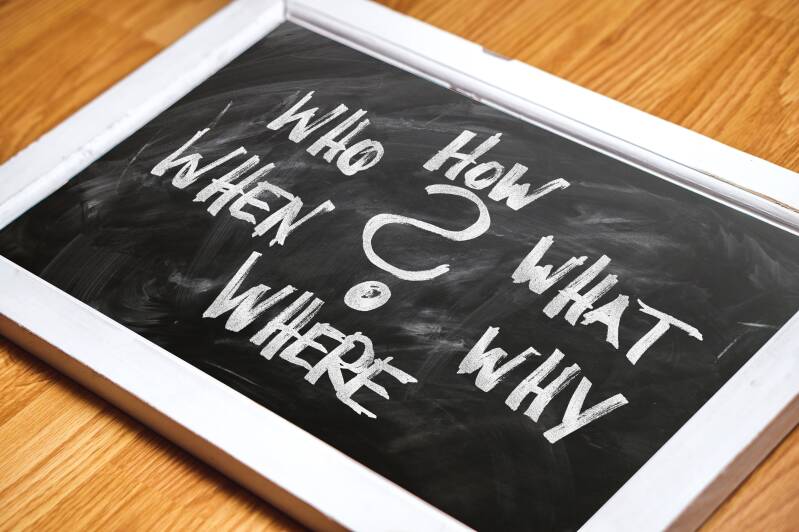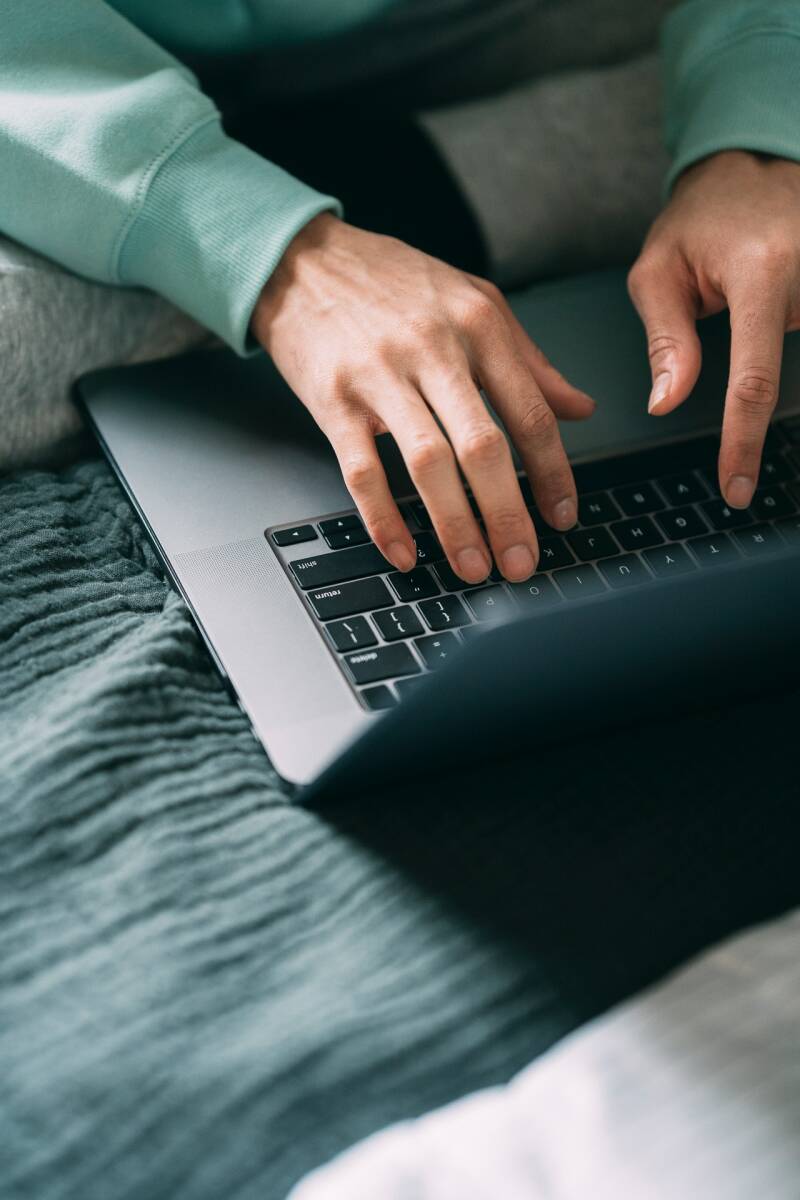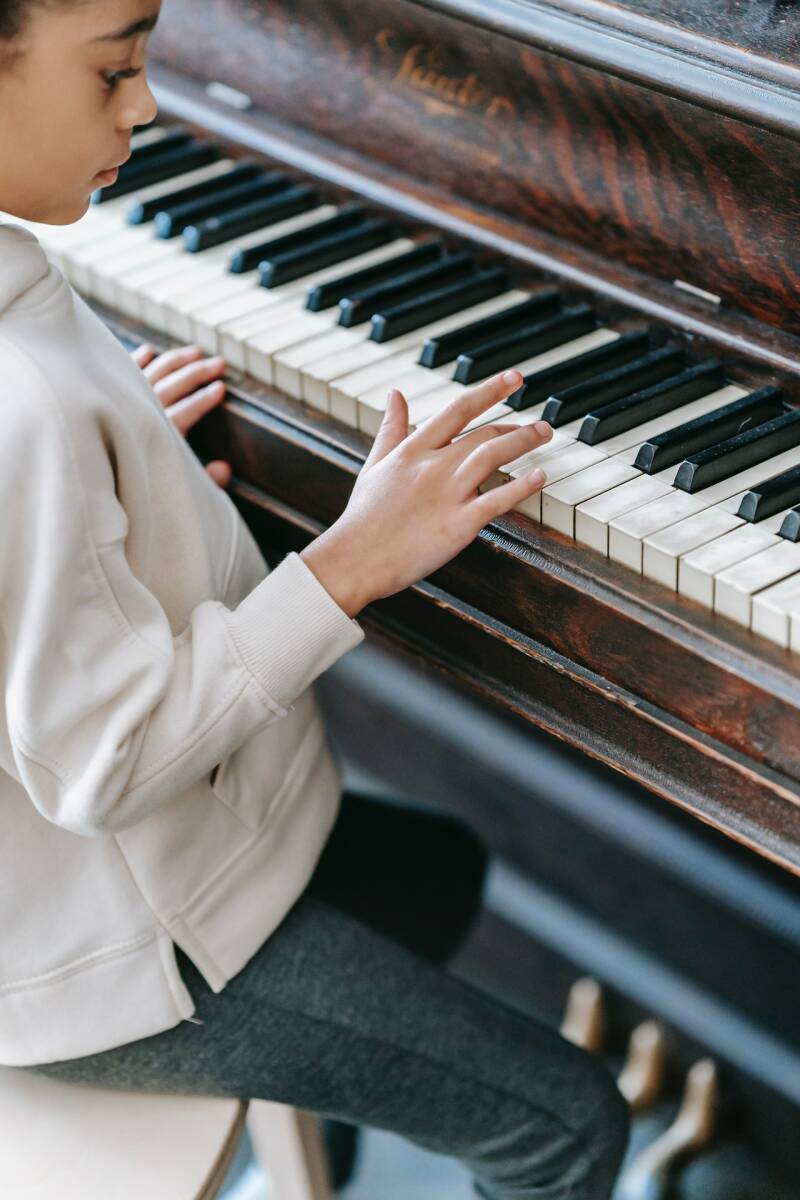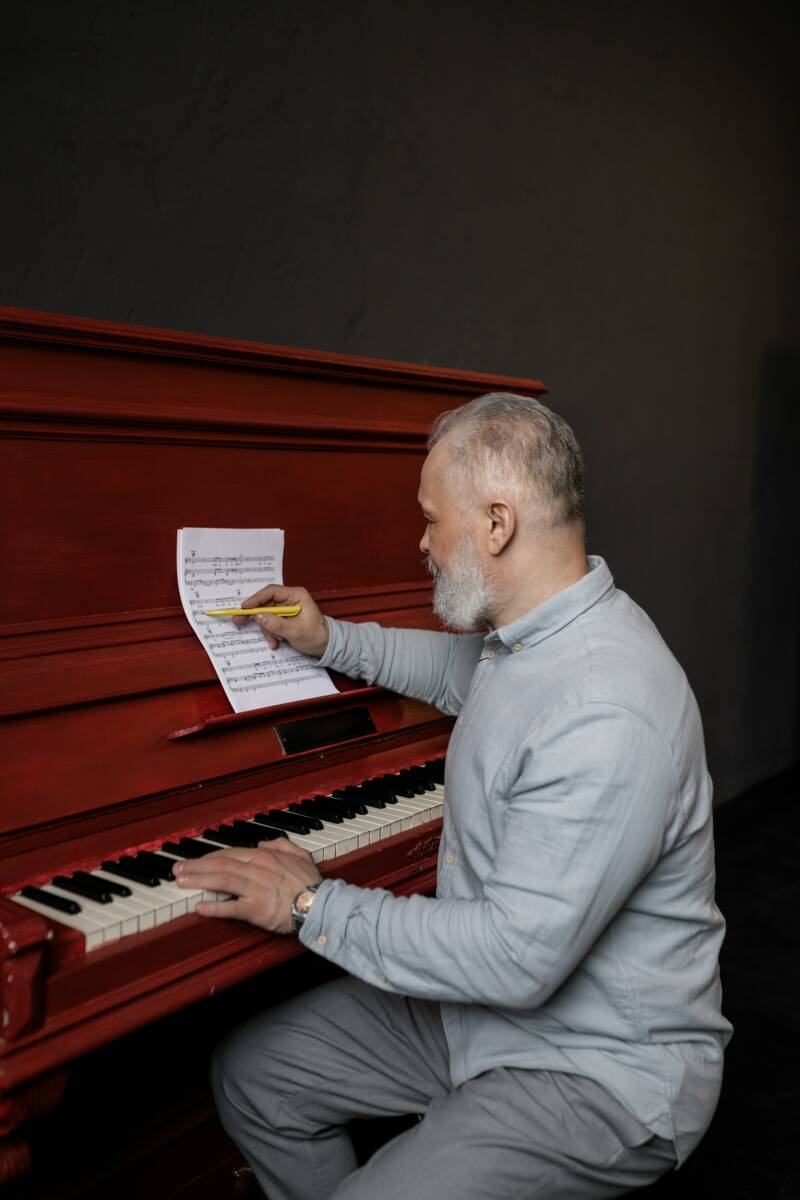On this page I’ve tried to anticipate a lot of the questions you might ask me if you’re thinking about starting lessons. There are quite a lot of Q&A's here, so just keep scrolling down...

Q. I’m completely new to the piano, and haven’t even got an instrument yet, but I know I’d like to take lessons. Can you help me to decide what sort of instrument to get before I start?
A. Yes. Contact me to arrange an interview and I can help you to choose a suitable instrument for your budget. There are lots of options and the choice can seem overwhelming even if you know quite a bit about pianos!
Q. Piano or Keyboard, what’s the difference?
A. ‘Piano’ (acoustic or digital) is an instrument which has a full 88-key range and weighted keys (digital piano makers tend to call them ‘graded hammer action’ or something similar). Weighted keys are important for truly expressive playing, especially for classical styles. A ‘keyboard’ has a smaller range (typically 61 notes, which should be considered minimum for serious learning). All good keyboards have ‘touch response’ (which means you can play with some expression), but the keys are unweighted. It is possible to play piano-style on a keyboard to some extent, but if you are intending to work towards classical graded exams you will definitely need a piano. It’s OK to start on a keyboard with a view to working up to a piano later, but you will need to be careful not to get into bad habits with your posture and hand position.

Q. OK, I’ve got a piano (or keyboard) and I’m ready to start lessons. Can I just sign up?
A. Not straight away. I always arrange an initial interview in which we can get to know each other and discuss what you’d like to get out of lessons. There is no charge for the interview, but if you wish you can 'buy me a coffee' to support my Piano Pictures project. Please do not offer to send any payment for lessons until after the interview.
Q. How do online lessons work?
A. In many ways they are similar to ‘in-person’ lessons but there are some important differences. After the initial interview, it’s usually necessary to arrange a ‘setting-up’ session to help you to find the best position for your camera and screen, and configure Skype for best results. This will include a starter lesson so you can get the feel of how it will work. Again, there is no charge for the ‘setting-up’ session, but you may 'buy me a coffee' if you wish. It may be possible to combine the interview and ‘setting-up’ into a single session if you already have an instrument and are ready to go.
When I need to show you something on the piano, I can often demonstrate it ‘live’ but sometimes it makes more sense to send an audio or video example for you to study.
Occasionally I may ask you to send me a video of your playing. Any such videos you send me will be treated as strictly private, and I will not distribute them or share them with anybody else. If you prefer, you may upload your videos to YouTube (I’ll show you how), set them as Private, and send me the link.
Q. Are the lessons one-to-one?
A. Yes. At the moment I don’t have any plans to offer group lessons online.
Q. Do I need any special software or equipment?
A. No, just a computer or tablet with a webcam, and Skype (which is free). I tend to use Skype because it’s familiar to many people and works reasonably well. In my tests I found that Skype seemed to work better than Zoom, but I’m happy to try working with Zoom if you prefer.
There is some optional additional software (free and paid-for) which I can explain when we get started, but it’s not essential.

Q. Can I use a smartphone for lessons?
A. It’s possible, but I would recommend using a tablet, laptop or desktop for best results.
Q. Will I need to buy any books?
A. If you are a complete beginner, I have some free sheets of starter material that we can use to get going right away. You’ll just need to print them. After that I’ll recommend suitable books or downloadable sheet music and send you the links for you to purchase them. Usually I’ll cover the costs of my own reference copies, but if you request to learn a particular piece (for example one of the alternatives listed in an exam syllabus book) I may ask you to contribute towards the cost of obtaining my own copy.

Q. What happens if either side has technical difficulties during a lesson?
A. Unfortunately, technical problems do happen from time to time when we do anything with computers and the internet. You will not be charged for any time that we need to spend trying to sort out technical issues. When you sign up, we’ll exchange mobile numbers so that we can contact each other in the event of computer failure or loss of internet connection.
If we experience severe problems or lose internet connection during a lesson, we have 2 options:
1. Abandon the lesson and reschedule it or make up the time at a future date, as appropriate.
2. Attempt to continue at least part of the lesson audio-only, via mobile phone (not ideal, but may be useful if we were in the middle of something).
Q. How much notice do you require to cancel a lesson?
A. If you know you’re not going to be able to make an appointment, please let me know as soon as possible, ideally at least 12 hours before the lesson, and we can reschedule. If something happens at the last minute, contact me as soon as you can by phone or text message. I don’t ask you to be tied into long contracts, but please give me at least two weeks notice if you do not wish to continue with lessons.
Q. Do I have to do exams?
A. Not if you don’t want to, but many learners find them useful as goals to work towards and for measuring progress. I will let you know when you’re ready for an exam and help you to be fully prepared. If you think you may suffer from performance anxiety, video exams (such as ABRSM’s Performance Grades) have many advantages. You’re at home, playing your own instrument, and if it all goes wrong you can just try again!

Q. Do you teach music theory?
A. Yes! I always incorporate a certain amount of theory into piano lessons. For a more formal study of theory (working through exercise books and exam test papers) you can buy add-on theory ‘modules’. These modules can be used in a flexible way and don’t necessarily have to follow on straight after piano lesson time. You can also buy the modules separately if you just want to study theory on its own (for example, if you are learning another instrument). Each module consists of 15 minutes of Skype time, including discussion of any exercises which you have previously sent to me to be marked. Using video calls for theory makes it a lot less ‘dry’ than just corresponding by email. I can help you work through some exercises, show examples on-screen, and demonstrate musical concepts on the piano.
Q. What is the youngest age you teach?
A. Usually about 7, but I will consider children as young as 5 if they show aptitude and respond well to online learning. Please be aware that I do expect parents to take an active role in the learning process with children in the 5-7 age group. For older children an appropriate level of background supervision is recommended.
As a member of the ISM’s Registered Private Teacher scheme, I have been checked by DBS (enhanced level) and agree to abide by the ISM’s Safeguarding and Child Protection Policy, which can be read here: https://www.ism.org/advice/ism-safeguarding-child-protection-policy-code-of-practice-and-procedures

Q. I’d like to learn alongside my child. Could I do that?
A. Yes. It’s a great way to encourage them, especially the younger ones. I can teach you how to play some simple duets so you can enjoy some musical ‘quality time’.
Q. I’d like to do things with my digital piano and some music software, but I’m struggling with it. Can you help?
A. I may be able to. I’m an enthusiastic user of Pianoteq and other music software, mostly in Windows but I have some limited experience in Linux. If you’d like to ‘talk tech’, just book an interview.

Q. Do you teach people of more advanced years?
A. Definitely! I’ve had quite a number of pupils in the 70+ age group. If you used to play when you were younger, or it’s something you just ‘never got around to’, you’ll be very welcome.
Q. Do you offer lessons outside of the UK?
A. Not at the moment, but I may decide to do so in the future.
Q. Anything else?
A. If you have any other questions, feel free to ask me in an interview.
Photos from pexels.com